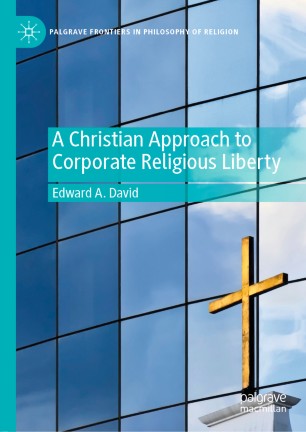

Most ebook files are in PDF format, so you can easily read them using various software such as Foxit Reader or directly on the Google Chrome browser.
Some ebook files are released by publishers in other formats such as .awz, .mobi, .epub, .fb2, etc. You may need to install specific software to read these formats on mobile/PC, such as Calibre.
Please read the tutorial at this link: https://ebookbell.com/faq
We offer FREE conversion to the popular formats you request; however, this may take some time. Therefore, right after payment, please email us, and we will try to provide the service as quickly as possible.
For some exceptional file formats or broken links (if any), please refrain from opening any disputes. Instead, email us first, and we will try to assist within a maximum of 6 hours.
EbookBell Team

4.0
16 reviewsThis book addresses one of the most urgent issues in contemporary American law—namely, the logic and limits of extending free exercise rights to corporate entities. Pointing to the polarization that surrounds disputes like Burwell v. Hobby Lobby, David argues that such cases need not involve pitting flesh-and-blood individuals against the rights of so-called “corporate moral persons.” Instead, David proposes that such disputes should be resolved by attending to the moral quality of group actions. This approach shifts attention away from polarizing rights-talk and towards the virtues required for thriving civic communities. More radically, however, this approach suggests that groups themselves should not be viewed as things or “persons” in the first instance, but rather as occasions of coordinated activity. Discerned in the writings of Saint Thomas Aquinas, this reconceptualization helps illuminate the moral stakes of a novel—and controversial—form of religious freedom.